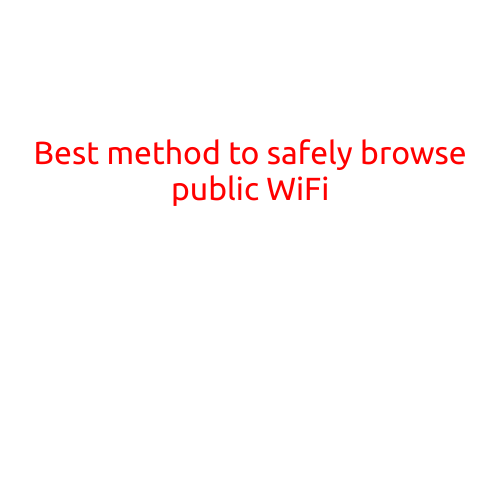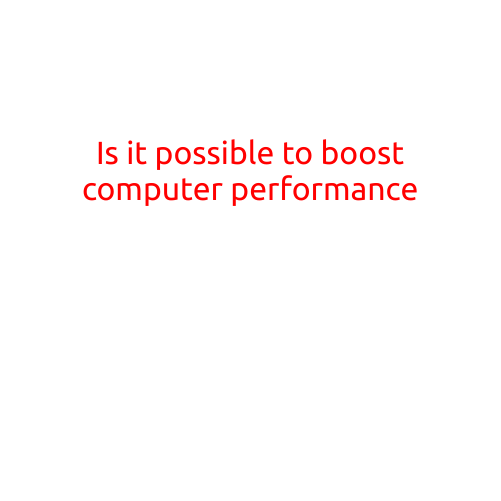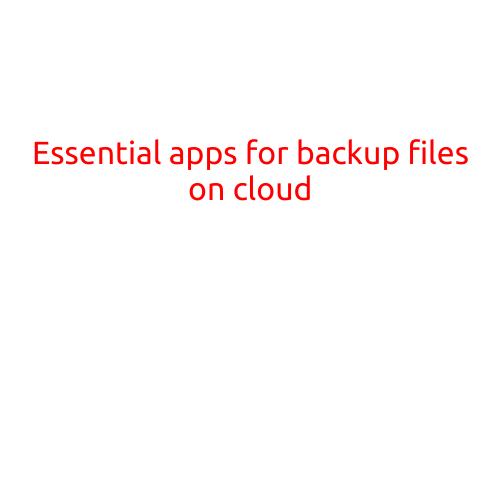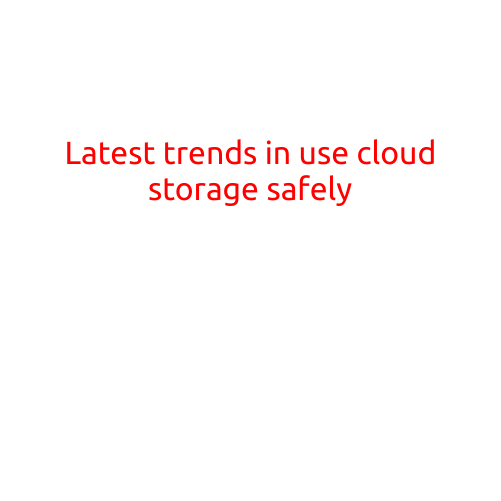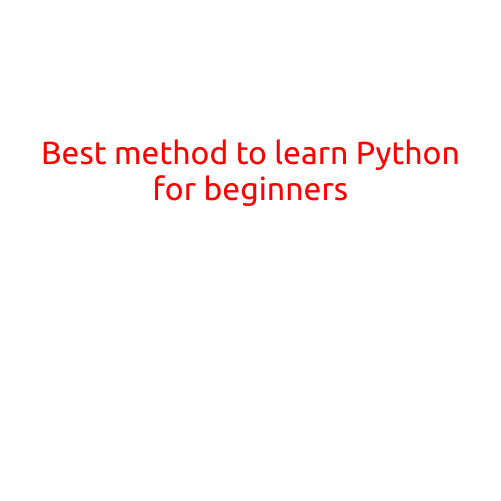
Best Method to Learn Python for Beginners
Python is a popular and powerful programming language that is widely used in many industries, including web development, data analysis, artificial intelligence, and more. If you’re a beginner looking to learn Python, you’ve come to the right place. In this article, we’ll outline the best methods to learn Python, regardless of your prior programming experience.
Why Learn Python?
Before we dive into the methods, let’s talk about why you should learn Python. Here are a few reasons:
- Easy to learn: Python has a simple syntax and is relatively easy to read and write, making it a great language for beginners.
- High demand: Python is a highly sought-after skill in the job market, with many companies using it for various tasks.
- Versatile: Python can be used for web development, data analysis, artificial intelligence, and more, making it a versatile language to know.
- Open-source: Python is open-source, which means it’s free to use and distribute.
Methods to Learn Python
Now that we’ve covered the reasons to learn Python, let’s dive into the methods. Here are some of the best ways to learn Python:
1. Online Courses
Online courses are a great way to learn Python, especially if you’re a beginner. Here are a few popular options:
- Codecademy: Codecademy offers an interactive Python course that covers the basics and more.
- Coursera: Coursera offers a variety of Python courses from top universities, including Python for Everybody and Data Science with Python.
- edX: edX offers a range of Python courses, including Python for Data Science and Python for Everybody.
2. Online Tutorials
Online tutorials are similar to online courses, but they’re usually more focused on a specific topic or skill. Here are a few popular options:
- W3Schools: W3Schools offers a range of Python tutorials, including tutorials on Python basics, data structures, and web development.
- Tutorials Point: Tutorials Point offers a comprehensive Python tutorial that covers the basics and more.
- Python.org: The official Python website has a range of tutorials and guides for beginners.
3. Books
Books are a great way to learn Python, especially if you prefer learning through reading. Here are a few popular options:
- “Python Crash Course” by Eric Matthes: This book covers the basics of Python and is a great resource for beginners.
- “Automate the Boring Stuff with Python” by Al Sweigart: This book focuses on practical applications of Python and is a great resource for beginners.
- “Python for Data Analysis” by Wes McKinney: This book focuses on using Python for data analysis and is a great resource for beginners interested in data analysis.
4. Practice
Practice is key to learning any programming language, including Python. Here are a few ways to practice:
- Code Playground: Code Playground is an online code editor that allows you to write and run Python code in the browser.
- Repl.it: Repl.it is an online code editor that allows you to write and run Python code in the browser.
- Project Euler: Project Euler is a website that offers a range of programming challenges in Python and other languages.
5. Join a Community
Joining a community is a great way to learn Python and stay motivated. Here are a few popular options:
- Reddit: The r/learnpython and r/Python communities on Reddit are great places to ask questions and get help.
- Stack Overflow: Stack Overflow is a popular Q&A website for programmers, including Python programmers.
- Python subreddit: The Python subreddit is a great place to ask questions, share resources, and learn from other Python programmers.
6. Find a Tutor or Mentor
Finding a tutor or mentor is a great way to get personalized help and guidance. Here are a few options:
- Udemy: Udemy offers a range of Python courses that include tutoring and mentoring.
- Verbling: Verbling is an online platform that connects Programming beginners with experienced tutors.
- Python.org: The official Python website has a list of certified Python trainers and mentors.
Conclusion
Learning Python can be a fun and rewarding experience, especially if you use the right methods. Whether you prefer online courses, online tutorials, books, practice, joining a community, or finding a tutor or mentor, there are many ways to learn Python. With dedication and persistence, you can become a proficient Python programmer and enjoy the many benefits that come with it.
